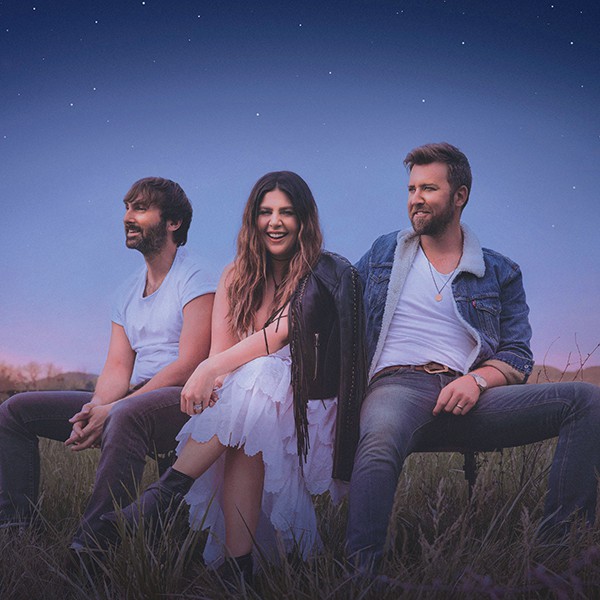By Bill Forman
Nobody likes lawsuits, especially if you’re on the receiving end of one. And if the plaintiff turns out to be Michael Jackson’s estate, then you REALLY want to be careful.
Because, as we all know, there can only be one “King of Pop,” just as there can only be one “Lord of the Dance” or “Prince of Darkness” or, you know, whatever. And pretenders to the throne will pay the price.
Recently, the Jackson empire struck back at one such interloper, a Belgian public-radio quiz program called “King of Pop,” in which contestants vied for the crown by demonstrating their knowledge of pop music trivia.
“We did not even know that ‘King of Pop’ was a protected trademark,” claimed presenter Stijn Van de Voorde — as though that were any excuse! — in an interview with the Flemish newspaper Het Nieuwsblad. “It is pretty cool that these people know we exist, but it is kind of stupid that they are making such a fuss about it.”
Being public radio, “King of Pop” is a one-man operation, with Van de Voorde writing the questions, choosing the music and hosting the show for its past three seasons. But while his program will surely cease and desist from further using the name, there’s no way to be certain the winners will do the same.
Of course, “King of Pop” is just one of many phrases that Jackson’s estate has trademarked. Others include, but are not limited to…
- “This is it”
- “The World of Michael Jackson”
- “Thriller: The World’s Biggest Selling Album”
- “Neverland Ranch”
- “Michaelfest”
- “Michael’s Pets”
And if you’re thinking of naming your pet chimp “Bubbles,” think again.
You should also refrain from using “Wacko Jacko” — which was Jackson’s nickname in the British press — because that’s just rude.
Van de Voorde’s transgression is just the latest in a long and colorful tradition of branding disagreements.
Many have been resolved reasonably. When the British ska/pop band The Beat toured America or Canada, they would bill themselves as the English Beat. Likewise, the Chameleons would tour as the Chameleons UK, etc., etc.

Lady A
By contrast, American brand-name disputes tend to get downright ugly, the most recent being less-than-woke Southern band Lady Antebellum changing its name to Lady A, and then filing an injunction against the African American blues artist who’d been recording and performing under that name for decades.
Other noteworthy pop-star plaintiffs have included Mike Love, the world’s most-hated Beach Boy, who sued co-founding bandmate Al Jardine for daring to tour under the name “Al Jardine of the Beach Boys.”
And then there was, and apparently still is, New Kids on the Block, who sued USA Today for setting up a 900 number to poll teens about which New Kid on the Block was their favorite. NKOTB claimed that the use of their name was trademark infringement. But the court ruled in favor of the newspaper, citing the fair use exemption due to the fact that it would have been impossible to conduct the poll without mentioning the band’s name.
Weirder still was Alex Van Halen’s lawsuit against his ex-wife Kelly Carter, who had used her drummer husband’s name over the course of their 12-year marriage and subsequently started a construction and interior design company called, wait for it, Kelly Van Halen. Which wasn’t fair, claimed Van Halen’s lawyers, because the band’s trademarks have “acquired extensive goodwill, developed a high degree of distinctiveness, are recognized throughout the United States as well-known and famous, and recognized as identifying high-quality goods and services.”
Last but not least ridiculous, was Hall & Oates seeking damages from a Brooklyn-based “artisanal granola” company called Early Bird, which was selling oatmeal under the name “Haulin’ Oates.” Early Bird responded by offering a limited-time 25% discount on Haulin’ Oats for customers who used the coupon code SAYITISNTSO — which happened to be the name of a 1983 Haulin’ Oates single — after which the company rebranded it Kiss My Oats.



